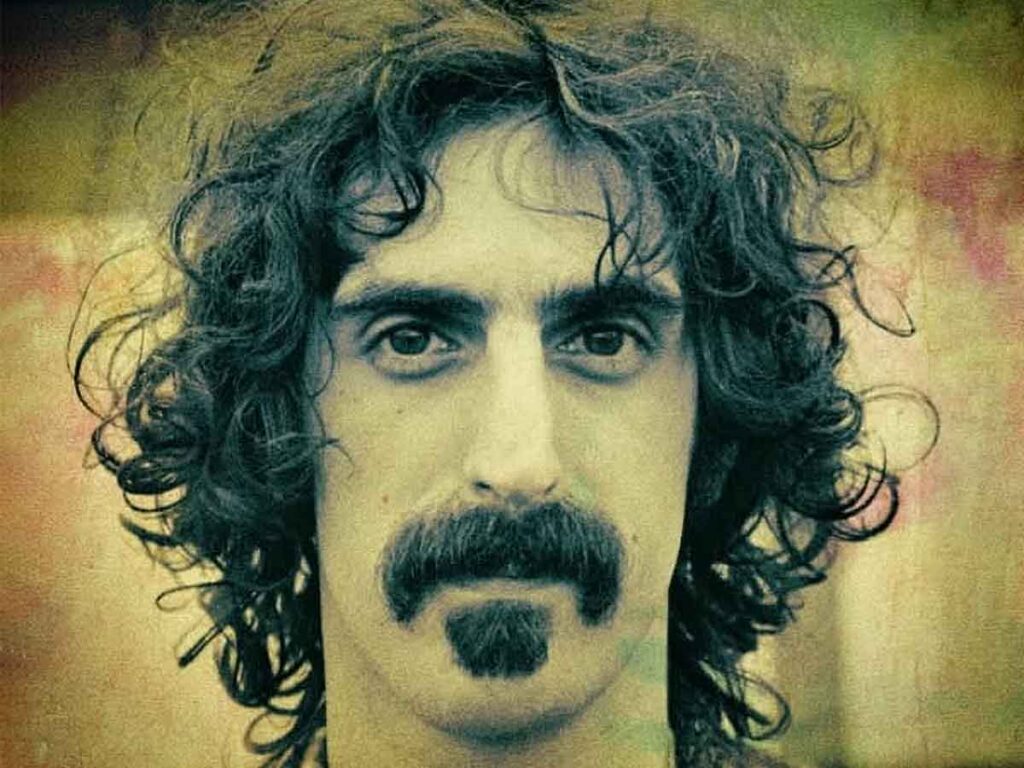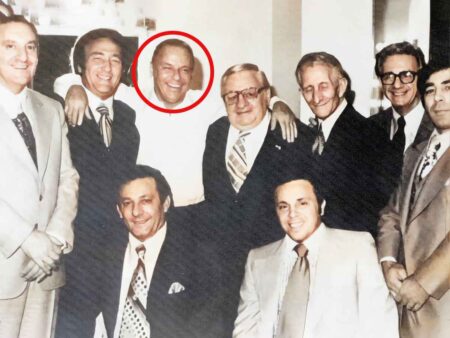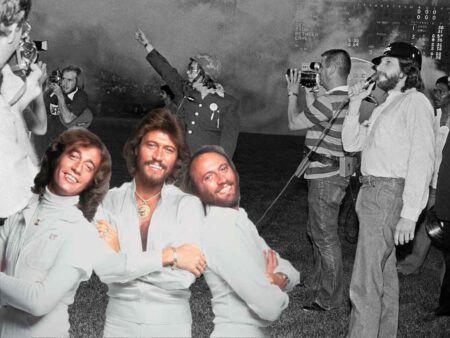Few musicians left a mark as deep and unpredictable as Frank Zappa (1940–1993). A fearless innovator, he blurred musical boundaries and challenged social norms with biting satire and intellectual rigor.
Across more than 60 albums, he blended rock, jazz, classical, and avant-garde elements in ways no one had imagined. But beyond the music, Zappa was a fierce advocate for personal freedom—a critic of censorship and political institutions. His legacy as a musical genius and free-thinker continues to inspire and provoke to this day.
Contents
A Musical Innovator Like No Other
Zappa’s career took off with The Mothers of Invention, whose 1966 debut Freak Out! pioneered experimental rock. He fused rock, jazz, orchestral, and doo-wop, creating complex compositions that challenged both musicians and audiences.
Albums like Hot Rats (1969) pushed jazz-rock fusion, while Uncle Meat explored avant-garde structures. A studio perfectionist, Zappa pioneered overdubbing, tape manipulation, and digital synthesis. His work with the Synclavier and the London Symphony Orchestra proved his mastery of orchestral composition.
His influence spans genres, with artists like Steve Vai, Primus, and Alice Cooper citing him as a major inspiration. His ability to blend technical brilliance with biting humor remains unparalleled.
The Free-Thinker Who Defied Authority
Zappa was as fearless in his social and political commentary as in his music. He distrusted institutions and championed free speech and self-education.
In 1985, he testified before the U.S. Senate against the Parents Music Resource Center (PMRC), which sought to censor music. His famous quote from the hearing still resonates:
“If you want to get laid, go to college. If you want an education, go to the library.”
This captured his belief in self-directed learning and resistance to institutional control. He criticized both conservatives and liberals, seeing both as threats to personal freedom.
Though often labeled a libertarian, he rejected political affiliations, preferring sharp satire to expose corruption, media manipulation, and corporate greed.
One of his most enduring philosophies on personal freedom was captured in an interview with Howard Stern in 1987, when Joe Walsh asked him for life advice. Zappa simply replied:
“The most important thing to do in your life is to not interfere with somebody else’s life.”
This idea of autonomy and respect for others reflected his approach to both music and personal philosophy. Zappa had no interest in telling people how to live—he simply wanted them to think for themselves.
Beyond the Music: Zappa’s Personal Side
Despite his association with the psychedelic counterculture, Zappa wasn’t a drug user—a fact that often shocked people. While he had no issue with others using drugs, he viewed them as a waste of time and was intensely focused on his work. He maintained a rigorous work ethic, often spending long hours composing and recording.
He was married to Gail Zappa, and they had four children: Moon Unit, Dweezil, Ahmet, and Diva—all of whom inherited his creative spirit. Moon Unit’s satirical single Valley Girl (1982) became an unexpected mainstream hit.
A man of eclectic interests, Zappa loved film, directing, and collecting unusual musical instruments. He also had a well-documented love of cats, which he discussed in The Real Frank Zappa Book.
His distinctive mustache and soul patch became an iconic part of his image, often replicated in pop culture tributes.
His scientific curiosity and skepticism also played a role in his outlook, making him an advocate for rational thinking and questioning authority in all aspects of life.
Why Frank Zappa Still Matters Today
Though Zappa passed away in 1993, his influence remains powerful. His compositions continue to be studied by musicians, and his bold stance on censorship and free speech remains as relevant as ever.
The Zappa Family Trust ensures that his vast archive of unreleased music, recordings, and performances is preserved and made available to new generations. Posthumous albums and box sets keep his experimental spirit alive, while his son Dweezil Zappa continues to perform his father’s music through live tours.
Zappa’s warnings about government overreach, media control, and artistic censorship still resonate in today’s world. His fearless independence serves as a blueprint for artists who refuse to compromise.
Recent documentaries and biographical works, including Alex Winter’s acclaimed Zappa (2020), have introduced his legacy to younger audiences, proving that his ideas on freedom, creativity, and individualism remain timeless.
The Enduring Genius of Frank Zappa
Frank Zappa wasn’t just a musician—he was a cultural force. His commitment to musical innovation, free expression, and independent thought made him one of the most important artists of the 20th century.
For those willing to take the plunge, his vast catalog offers a lifetime of discovery—from jaw-dropping guitar solos to orchestral masterpieces and sharp-witted social critiques. In an age where conformity often trumps originality, Zappa’s legacy is a reminder that true genius comes from challenging the status quo.
If you haven’t explored Zappa’s world yet—start now.




